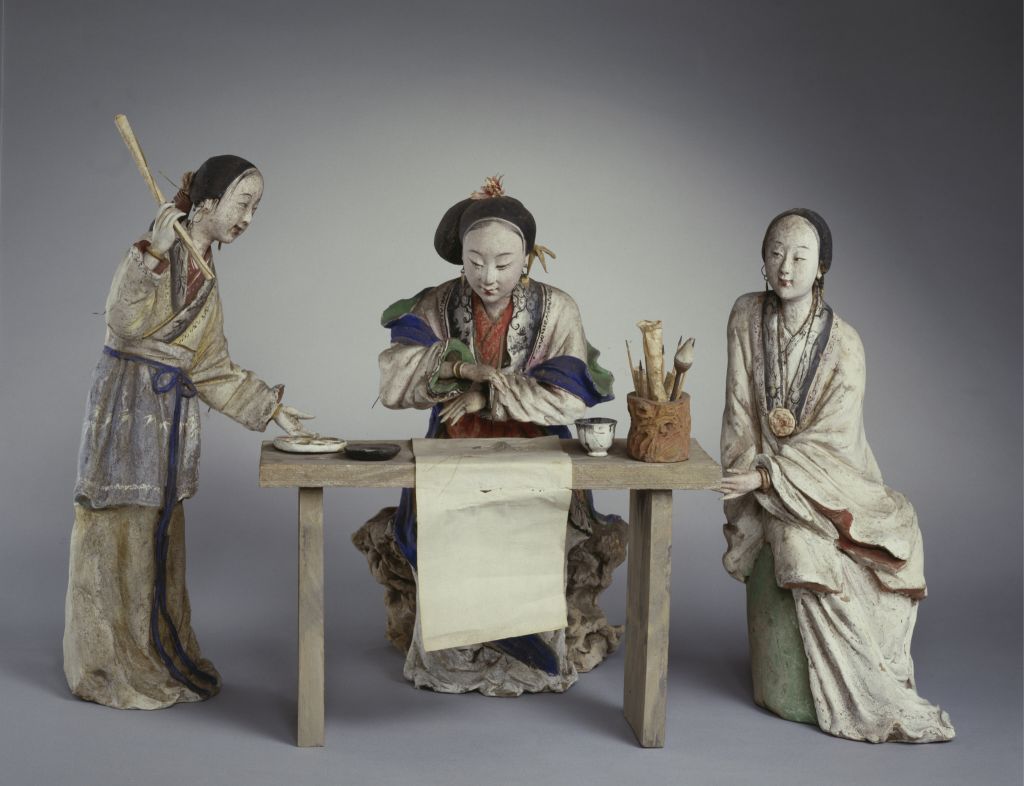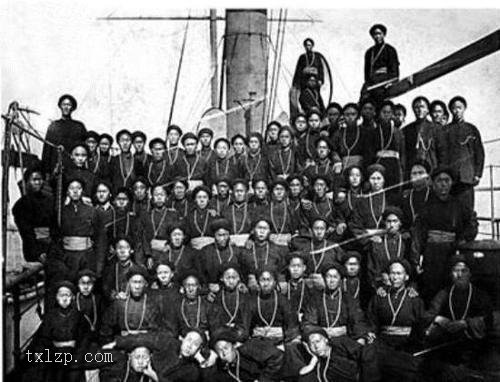The old picture of Changsha, Hunan, under the rule of Xue Yue in 1942, taken by Harrison· Foreman
On December 7, 1941, the Japanese navy raided Pearl Harbor in the United States. On the same day, the 23rd Army of the Japanese Army began to attack Hong Kong. In order to make the invasion and occupation of Hong Kong go smoothly, the Japanese army headquarters ordered the 11th Army stationed in Hunan to attack southern Hunan to contain the Chinese army’s southward aid operations. After receiving the order, the commander of the 11th Army, Anan Zhiji, issued the order to attack Changsha for the third time on December 13. Xue Yue commanded 13 armies with about 170000 people at that time
On December 23, 1941, the Japanese troops crossed the New Wall River and the battle began. On the basis of the two previous battles in Changsha, China summed up its experience and launched defensive operations. The front-line corps of the 9th theater relied on various positions to resist one by one, causing considerable losses and delays to the Japanese army. When the enemy entered the area of Changsha scheduled for the decisive battle, the Chinese Changsha garrison firmly held the core position and continuously defeated the Japanese attack. At the same time, the Second Front Counterattack Corps worked closely together to encircle the Japanese army
The Japanese army immediately retreated when the situation was bad. Our encirclement troops immediately turned to stop, intercept and tail attack the enemy, and pursued the enemy relentlessly. They attacked the enemy heavily in many places, and expanded the results of the war. The enemy fled in confusion. By January 15, 1942, the Japanese troops had retreated across the New Wall River and resumed their pre war posture. The Chinese army took the initiative in the battle and won the first comprehensive victory in Changsha since several battles. The Japanese army was seriously injured in this battle
In the third battle in Changsha, more than 56000 Japanese soldiers were killed and wounded, 139 prisoners were captured, and more than 28000 Chinese troops were killed and wounded. The Chinese army won a brilliant victory! This was the only victory of the Allies in the Asian war zone since the Pearl Harbor Incident, and the first major military victory of the Allies since the outbreak of the Pacific War
![图片[1]-Scenery of Changsha, Hunan Province under the rule of Xue Yue in 1942-China Archive](https://chinaarchive.net/photo/republic-of-china/1-191003150351-50.jpg)
![图片[2]-Scenery of Changsha, Hunan Province under the rule of Xue Yue in 1942-China Archive](https://chinaarchive.net/photo/republic-of-china/1-191003150350.jpg)
![图片[3]-Scenery of Changsha, Hunan Province under the rule of Xue Yue in 1942-China Archive](https://chinaarchive.net/photo/republic-of-china/1-191003150350-50.jpg)
![图片[4]-Scenery of Changsha, Hunan Province under the rule of Xue Yue in 1942-China Archive](https://chinaarchive.net/photo/republic-of-china/1-191003150351.jpg)
![图片[5]-Scenery of Changsha, Hunan Province under the rule of Xue Yue in 1942-China Archive](https://chinaarchive.net/photo/republic-of-china/1-191003150351-51.jpg)
![图片[6]-Scenery of Changsha, Hunan Province under the rule of Xue Yue in 1942-China Archive](https://chinaarchive.net/photo/republic-of-china/1-191003150351-52.jpg)
![图片[7]-Scenery of Changsha, Hunan Province under the rule of Xue Yue in 1942-China Archive](https://chinaarchive.net/photo/republic-of-china/1-191003150352.jpg)
![图片[8]-Scenery of Changsha, Hunan Province under the rule of Xue Yue in 1942-China Archive](https://chinaarchive.net/photo/republic-of-china/1-191003150352-50.jpg)
![图片[9]-Scenery of Changsha, Hunan Province under the rule of Xue Yue in 1942-China Archive](https://chinaarchive.net/photo/republic-of-china/1-191003150352-51.jpg)
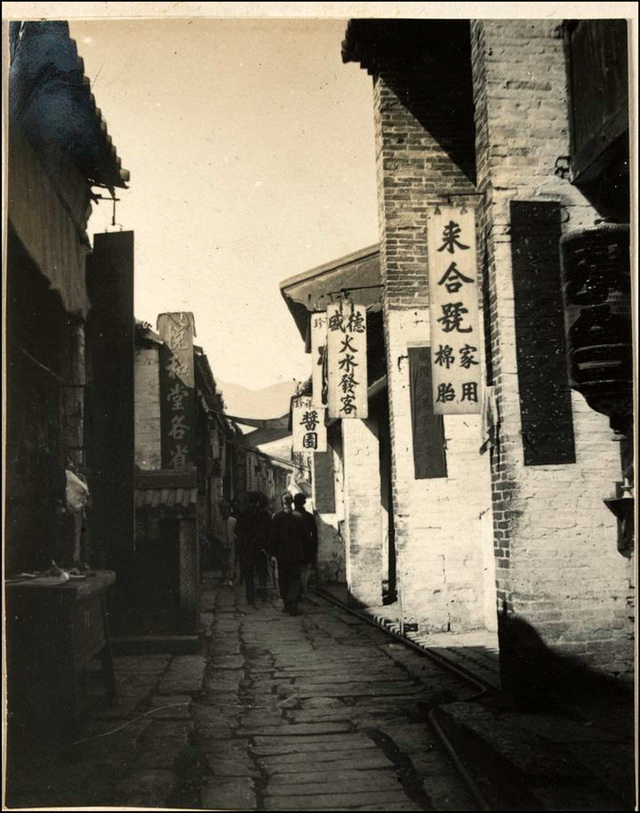
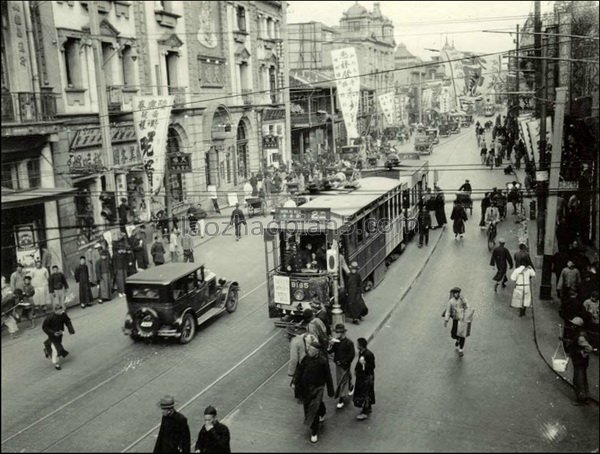
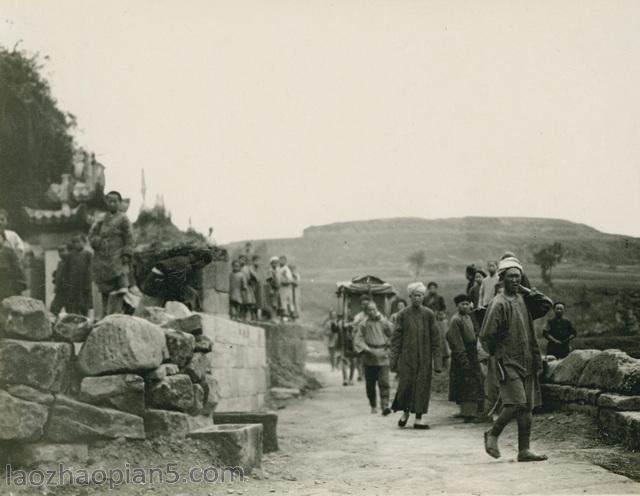
![[Qing Dynasty] British female painter—Elizabeth Keith, using woodblock prints to record China from the late Qing Dynasty to the early Republic of China—1915-China Archive](https://chinaarchive.net/wp-content/uploads/2022/11/image-191x300.png)
